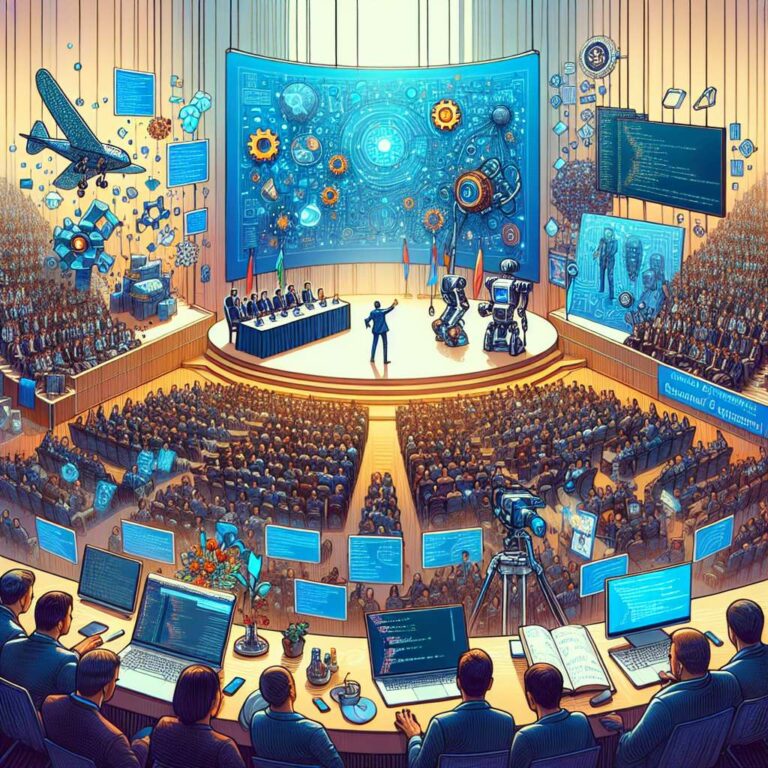Open Source Artificial Intelligence Week wrapped with a series of announcements, demos and community recognitions that emphasized open collaboration. The PyTorch Conference served as a focal point for keynotes and awards, including the PyTorch Contributor Award for Jonathan Dekhtiar and a visit by Chris Lattner, CEO of Modular, who picked up an NVIDIA DGX Spark. Jeremy Howard, founding researcher at fast.ai, used his keynote to praise the strength of open-source communities and singled out Meta and NVIDIA for their contributions to openly licensed, high-performing models.
NVIDIA and partners announced technical integrations and model releases that aim to make production-scale workflows more accessible. The vLLM project added upstream support for NVIDIA Nemotron models to accelerate serving and inference, and NVIDIA released eight Nemotron retrieval-augmented generation models on Hugging Face, including Llama-Embed-Nemotron-8B and Omni-Embed-Nemotron-3B. The company also expanded open datasets with Nemotron-Personas for sovereign Artificial Intelligence development across the U.S., Japan and India, and highlighted the NVIDIA Physical AI Open Datasets that combine millions of robotics trajectories and OpenUSD assets for simulation and robot learning.
Startups and embodied intelligence were prominent themes. Runhouse won the PyTorch Startup Showcase, with CuraVoice taking the community choice award. Other participants included Backfield AI, Graphsignal, Okahu AI, Snapshot AI and XOR, each demonstrating production use cases from RAG-based insights to cybersecurity agents using NVIDIA cuVS and CUDA. In robotics and research, Jim Fan framed progress around a Physical Turing Test and described workflows that combine synthetic data generation with Isaac GR00T, Isaac Sim and Isaac Lab, backed by the open Newton physics engine. Additional developer resources highlighted include Andrej Karpathy’s open Nanochat project supported by NVIDIA Launchables, CUDA Python as a first-class language for GPU acceleration, and broad access to models and tools on GitHub and Hugging Face.

